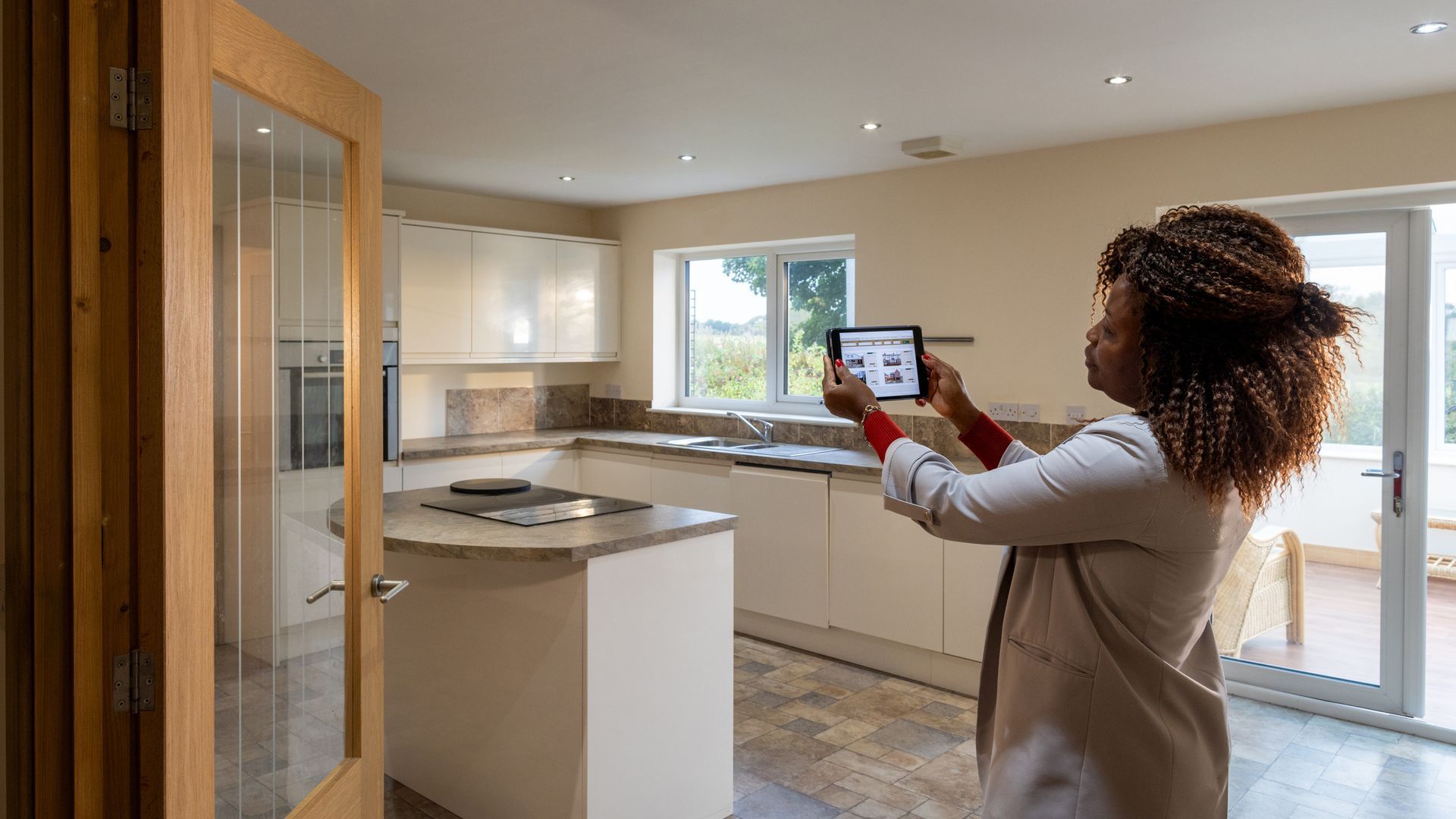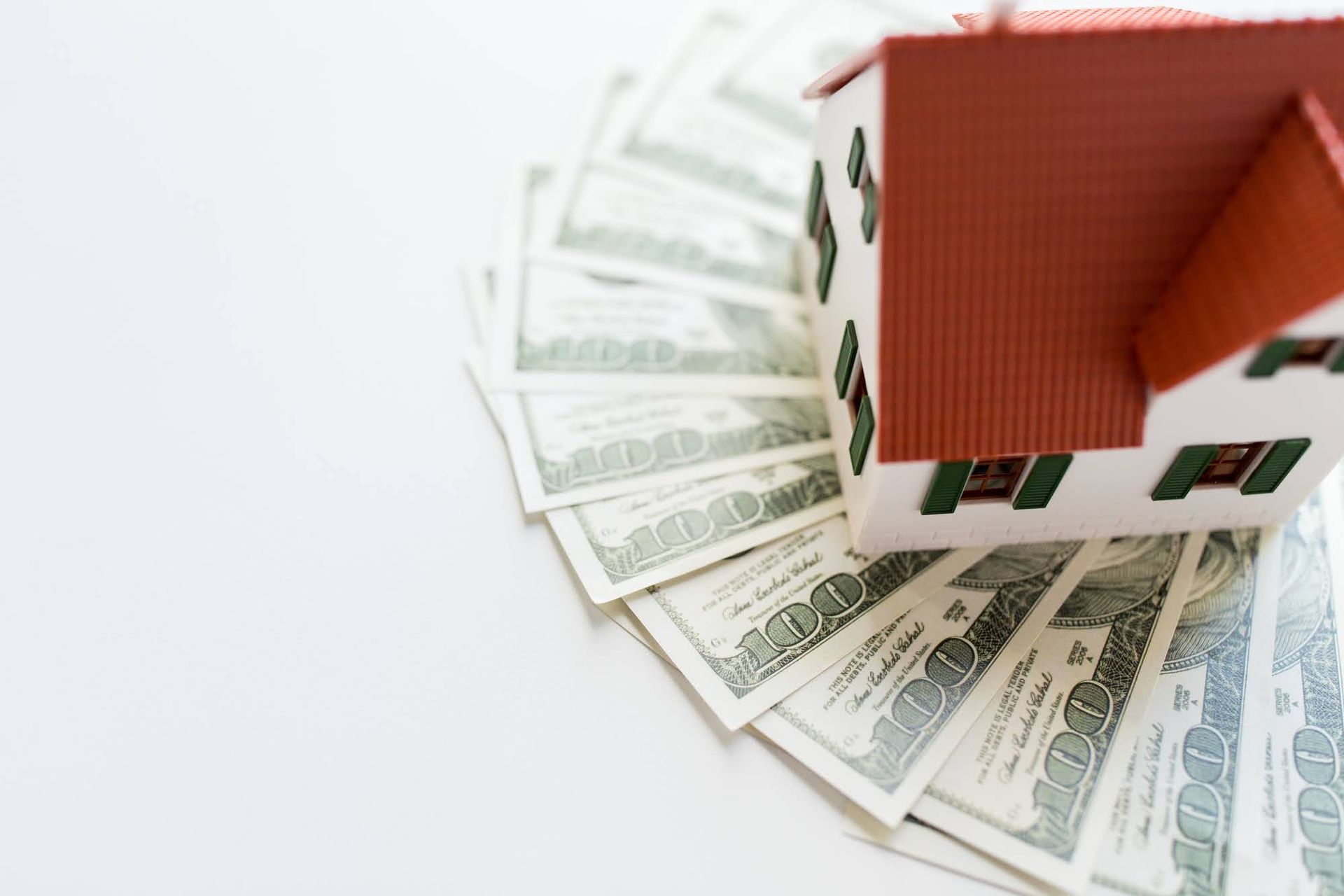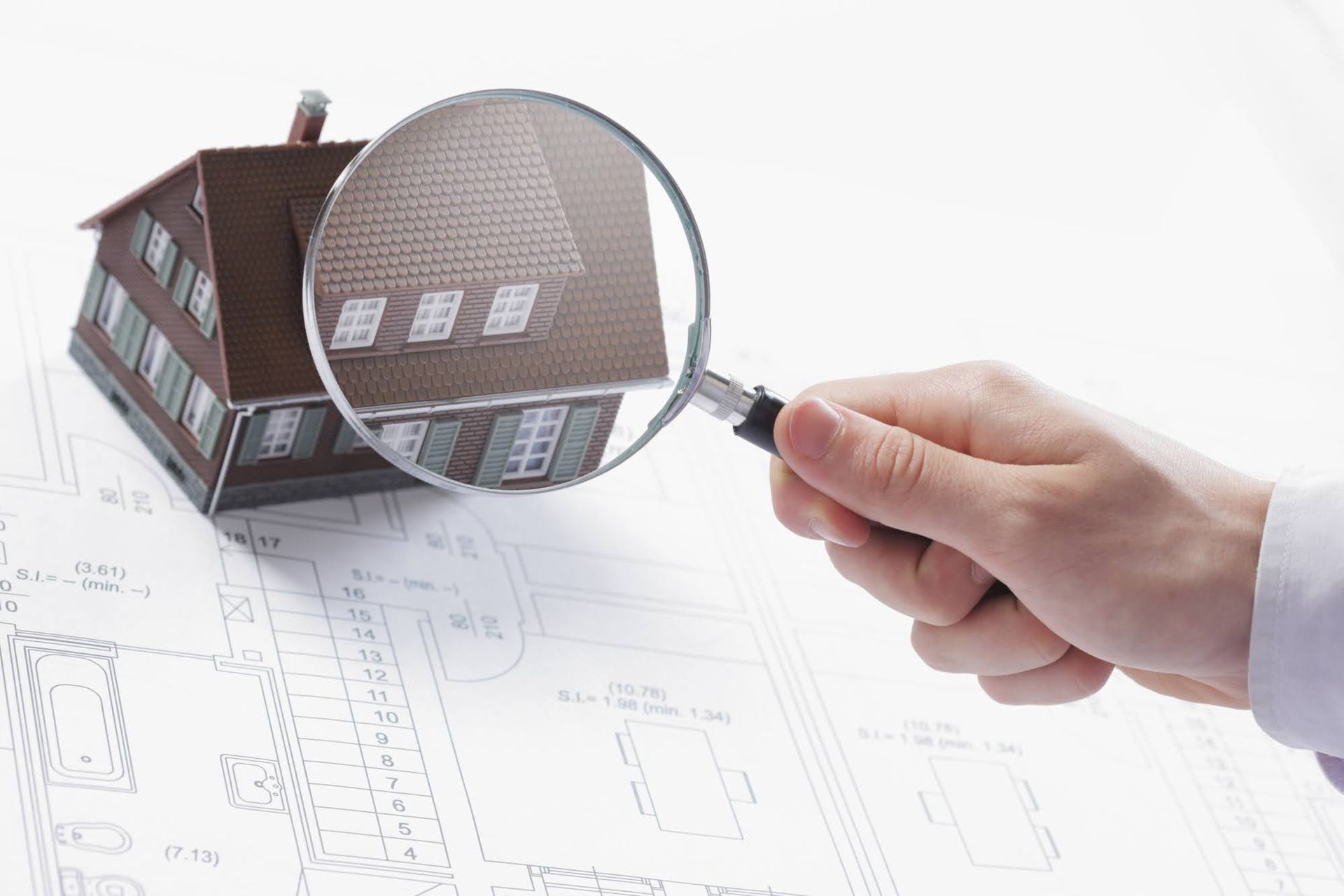4 Options When a Home's Appraisal Is Lower Than Your Offer
Admin • May 7, 2021

Each step of buying a house comes with a lot of stress and excitement. You will have many roadblocks to get over, including the home's appraisal process. When you seek a bank mortgage to help fund a home, the bank will perform an appraisal to ensure the value of the home is worth what you are paying.
The process is extra protection for a bank in case of foreclosure or defaulted loans. If the bank needs to sell the house again, they can lose out on a lot of money if you paid over the appraisal price. If an appraisal does come in lower than the offer you set, you do not need to panic or automatically give up on the home.
Learn about your options for a lower appraisal and how to help move onto the next step of the home buying process.
1. Renegotiate Your Offer
While a lower appraisal may seem like a disappointment, it could give buyers an advantage when seeking out a home. The first step is to reach out to the seller and offer to renegotiate your offer based on the lower appraisal price. The lower price may help you save on your down payment or could result in lower mortgage payments.
If the buyer agrees, you will receive an adjusted contract and the bank will move forward with your loan agreement. If renegotiation may include a little back and forth to settle on an ideal number, but the lower appraisal could help you in the long run.
2. Change Your Down Payment Options
If the seller is not willing to renegotiate or you still want to guarantee the purchase of the home, consider changing your down payment amount. When communicating with the bank, you can simply put forth the extra cash to make the difference in the appraisal.
For example, if your house offer is for $200,000 and the house is only worth $185,000, then you could put in $15,000 to cover the difference and satisfy the bank. Every bank is different, so you will need to set up a meeting to look at the extra down payment options.
In some cases, you could shift your base down payment amount to the appraisal coverage and not have to cover any more out-of-pocket costs.
3. Challenge the Appraisal
Many factors go into the appraisal of a home. A third-party appraiser is often used to assess the home. After the appraisal comes in, you can request a full report. If any elements of the report seem off, then you can challenge the appraisal. Write out your reasons, present them, and then submit for a new appraisal.
In many cases, you will have to pay for the appraisal costs yourself, but the amount you pay could make up for major payments down the line. Typically, an appraisal can cost anywhere from $300 to $600 . If the challenge succeeds and you receive the appraisal close to your offer, then you can move on to the next step of the process.
4. Seek Out a Different Home
Sometimes, the appraisal will not go your way. If the seller refuses to budge on the price, then people with all-cash offers could buy the house and skip the appraisal altogether. If you're already investing a majority of your savings into the down payment, then you may not afford the extra expense.
Instead of wasting time and resources figuring out the appraisal, you may need to let the home go. You can take the journey as a lesson learned and continue your search for an ideal home. When the appraisal process goes smoothly, you will become one step closer to owning a new home.
For more information on appraisals, contact us at East Coast Appraisal Service . We will give you a fair deal and have years of experience appraising properties. Reach out with any questions or services you seek for your home buying experience.









